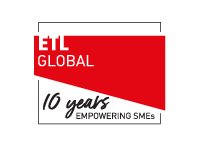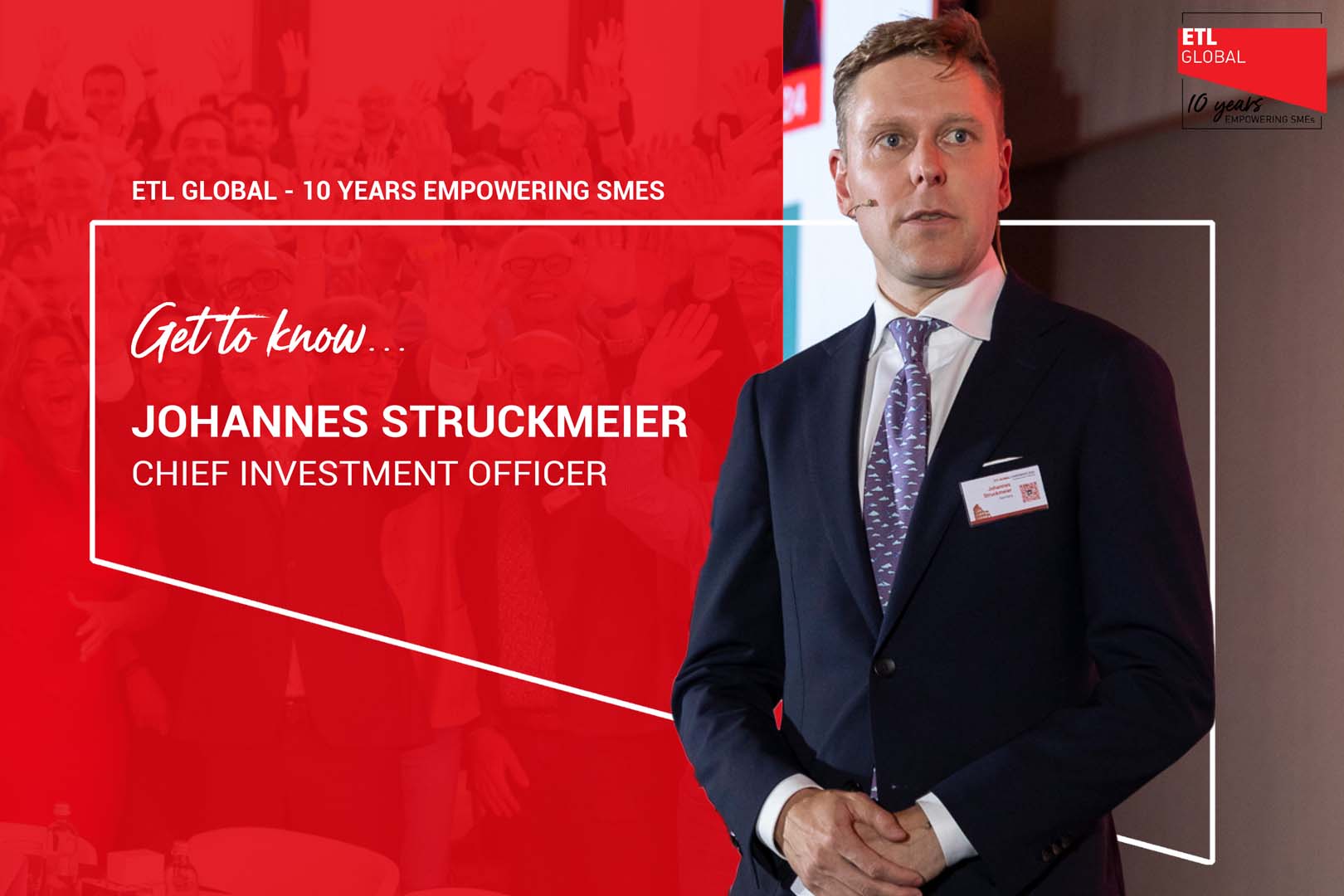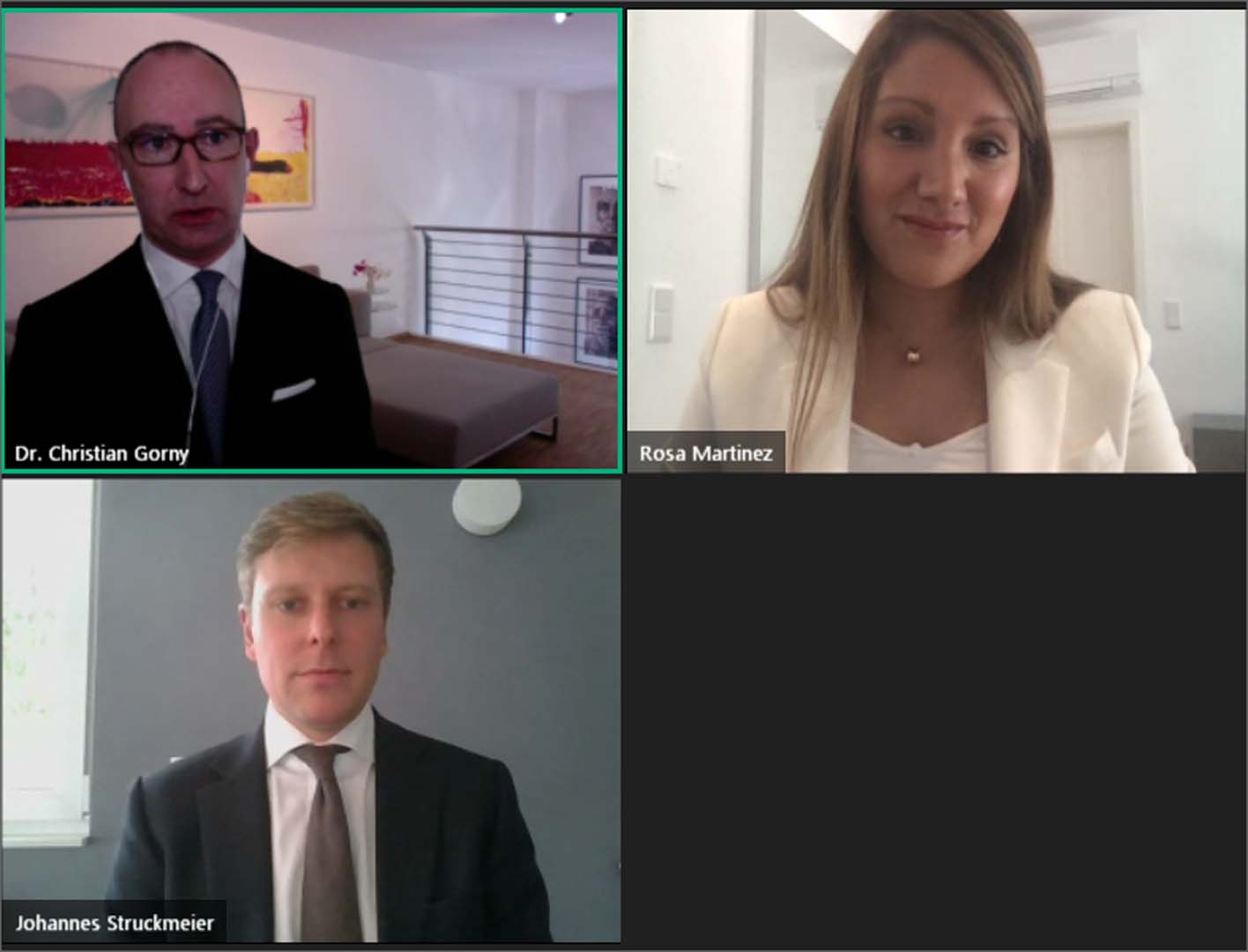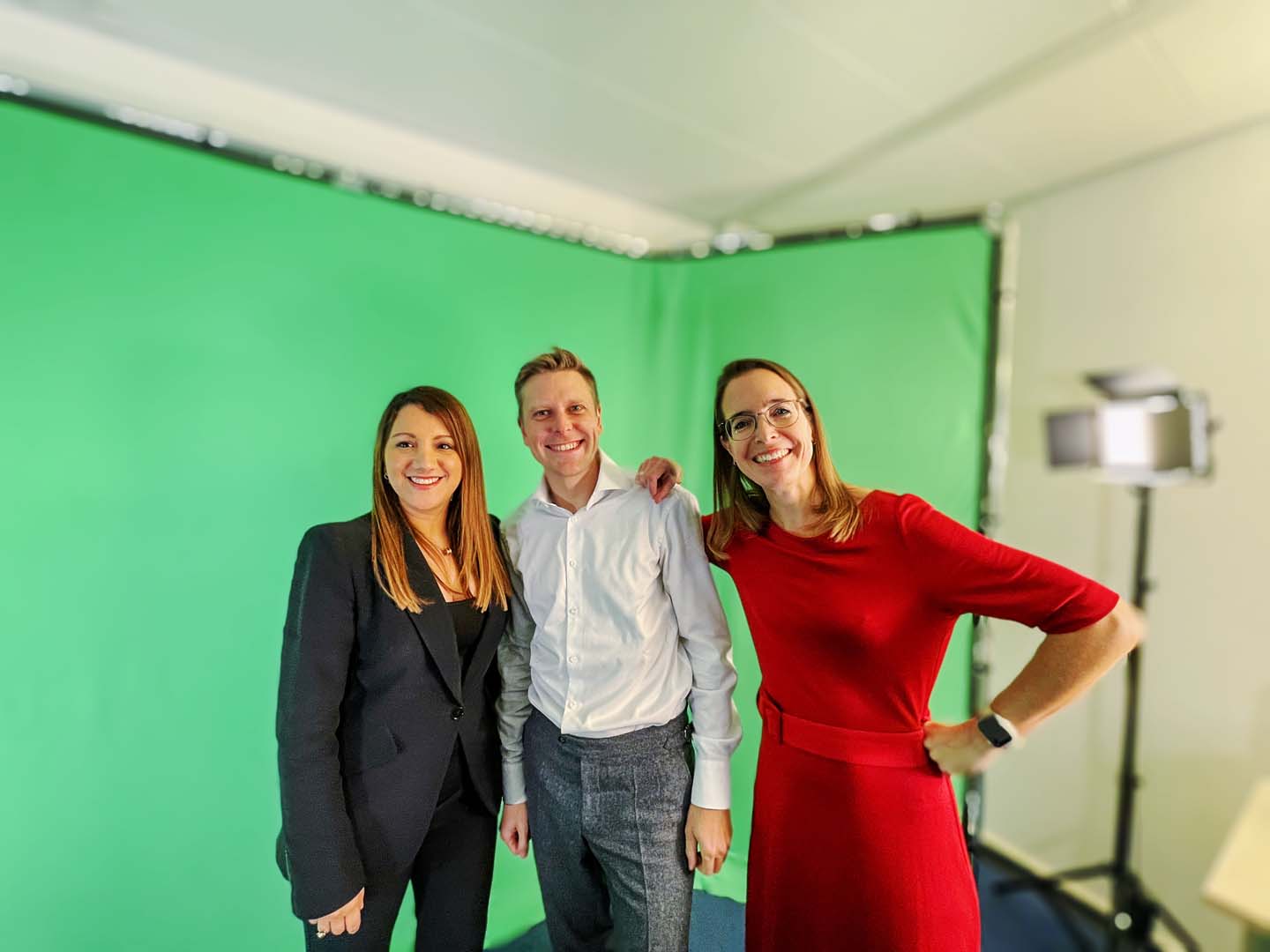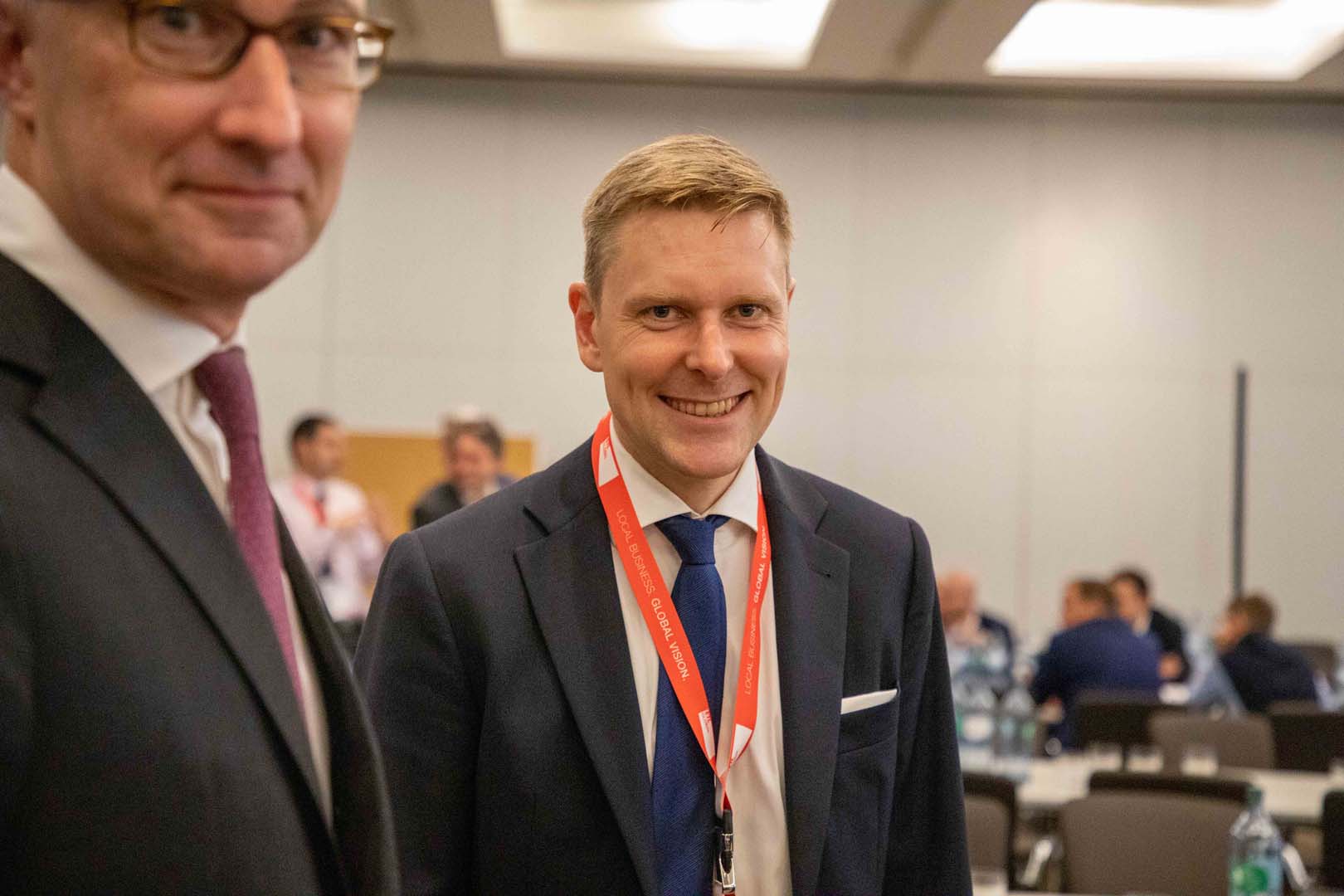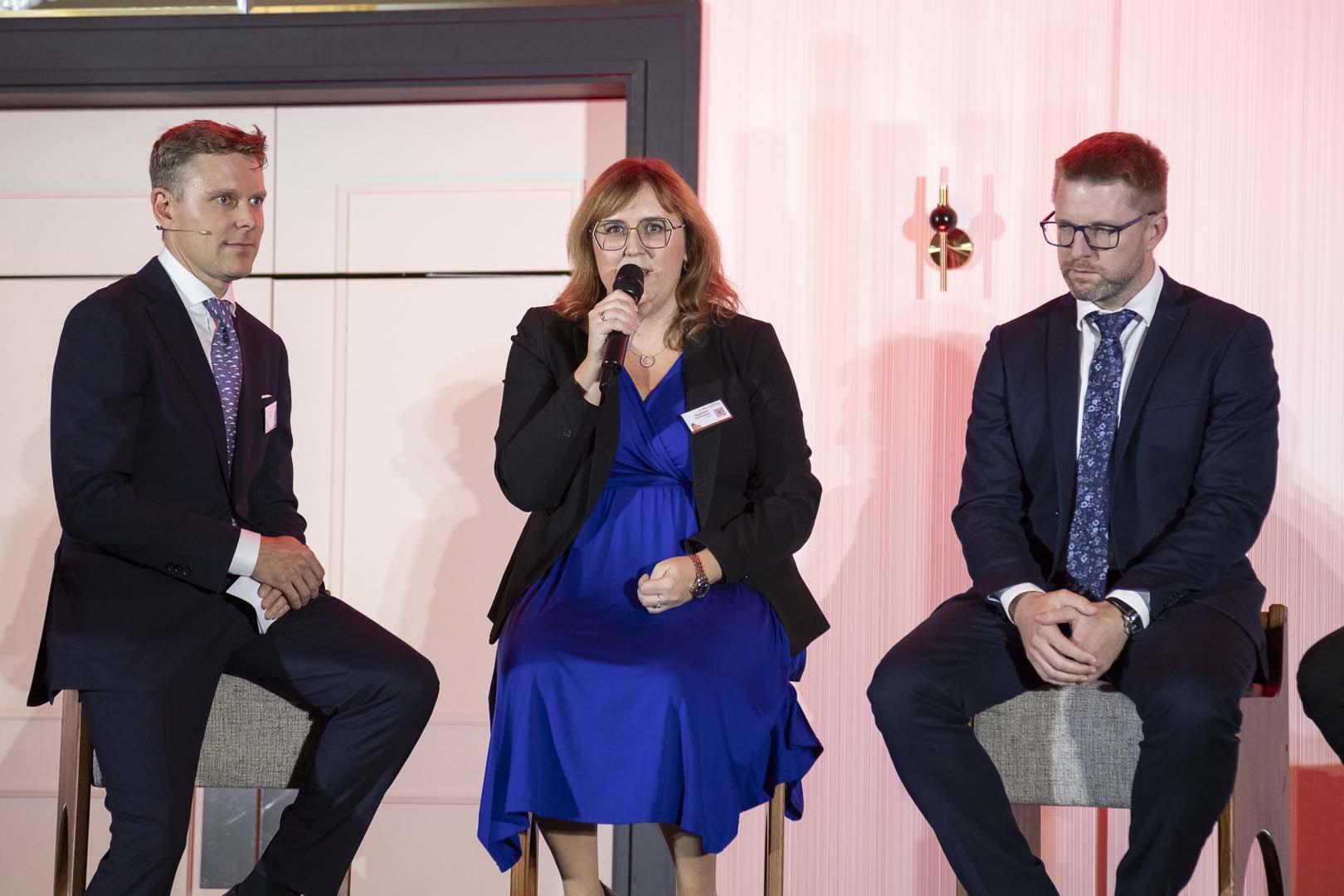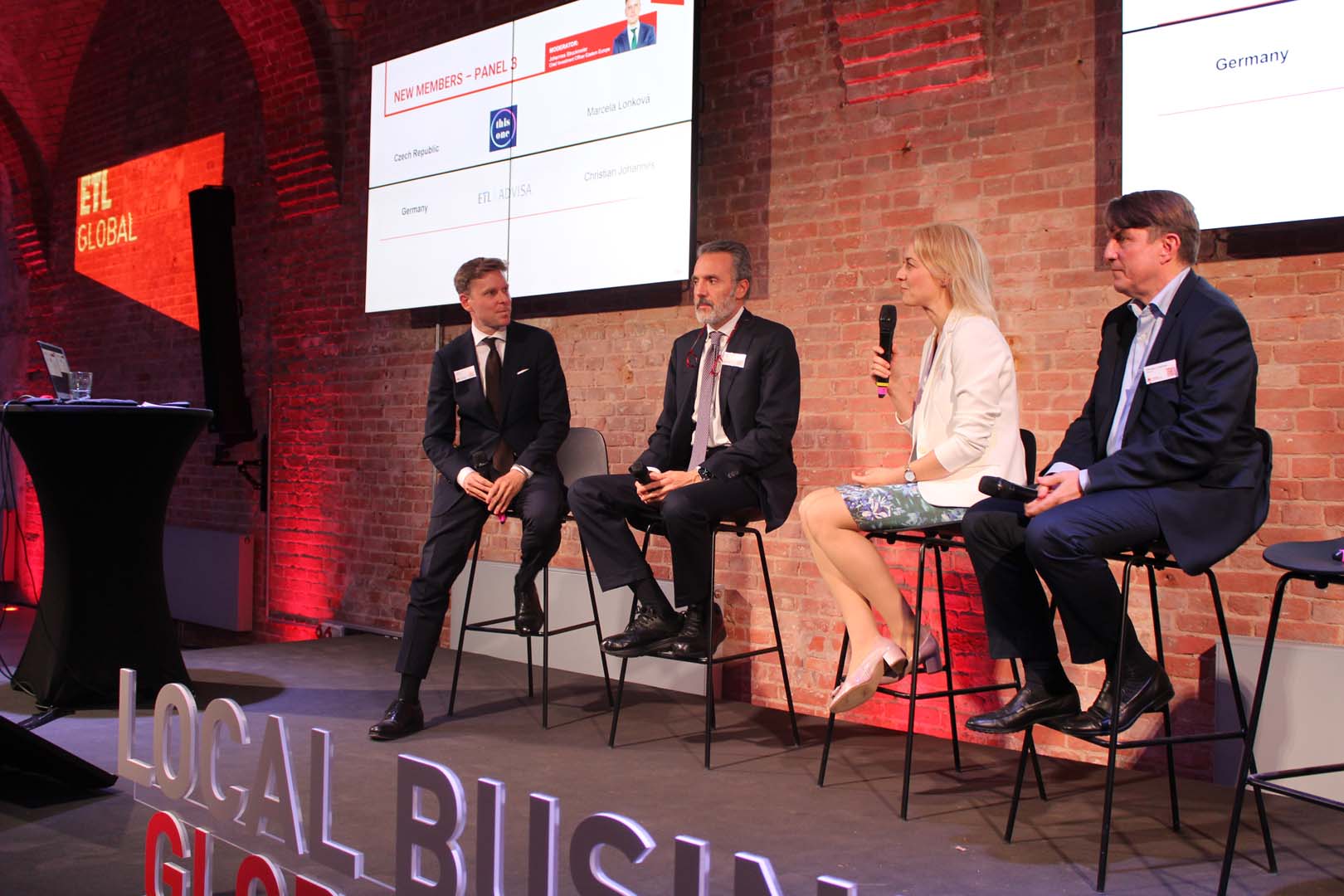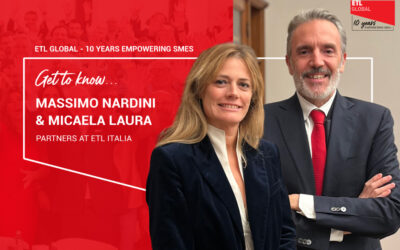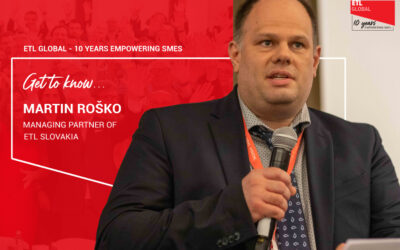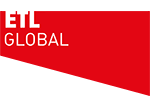Growing Up and Early Education
Johannes Struckmeier was born in 1985 in Hanover, the capital of Lower Saxony in northern Germany. When he was five years old, his family relocated to a small village on the outskirts of the city, where his grandparents lived, and his parents had grown up. With two brothers and a sister, Johannes spent much of his childhood immersed in sports, which became a defining passion during those formative years.
As he got older, choosing a career path wasn’t straightforward. “At first, it wasn’t really clear what I wanted to do after school,” he explains. After considering his options, he decided to study at a private economic university in Hanover, which offered the structure and guidance he needed. “It was organised like a school—everything was planned and scheduled. That worked well for me because I had guidance throughout the programme.”
Internships and Discovering His Interests
During his studies, Johannes alternated between three months of academic coursework and three months of internships, gaining hands-on experience in different industries. “I tried a lot of things during internships,” he says. “And I think that’s important—not just to figure out what you like, but also to understand what isn’t for you.”
One of his early experiences was in sports journalism. “I thought it might be interesting, but I quickly realised I liked watching sports, not writing about them.” Another internship took him to small tax offices. “That experience helped me understand the backbone of tax advisory, but I realised I wanted to work for larger and more international enterprises.”
His interest in finance and accounting grew stronger during this period. “I started to notice that financial topics, especially audit and accounting, were really interesting to me. It’s crucial for businesses, as every company has stakeholders and needs to measure its financial performance. Understanding accounting and tax is essential for that.”
From Audit to M&A: Gaining Financial Expertise
After completing his studies, Johannes began his career in audit at BDO, where he had already gained experience as an intern. “Audit is a great place to start because you see different industries, business models and get a strong foundation in how companies work.” Moving into a full-time role, he deepened his expertise in accounting and financial reporting, working with a wide range of clients across different sectors.
However, after two years, he realised that working in audit long-term wasn’t for him. “In audit, you’re always traveling to companies, but you’re never really part of them. Your role is looking at financials with no involvement in their long-term goals and strategy.”
Wanting to be more engaged in business decision-making, Johannes transitioned to M&A consulting within BDO. “I wanted to understand not just how businesses operate, but how they grow and create value.” His focus shifted to financial due diligence, company valuations, and transactions. “It was a different challenge. Every project was unique.”
At the same time, while still working at BDO, Johannes pursued two major qualifications: the Steuerberaterprüfung (Germany’s official tax adviser exam), and a master’s degree in Sports Management. Balancing full-time work at BDO with his studies was demanding, but he was determined to open doors for himself and become a more polyvalent professional.
Moving to Deloitte: Merging Finance and Sports
In 2013, Johannes moved from Hanover to Düsseldorf to join Deloitte’s Sport Business Group, where he was able to combine his expertise in finance with his passion for sports. “It was a mix of everything I had learned—M&A, finance, tax, strategy—but applied specifically to sports clubs, federations, and organisations.”
The work involved high-level strategic projects. “I worked with football clubs, helping them make financial decisions, manage investments, and structure deals.” But it also came with an intense workload. “It was an exciting environment, but I was working between 60 and 80 hours a week.” His schedule left little room for personal life, and over time, the relentless pace took a toll on him.
In 2016, after years of intense pressure, Johannes fell ill and had to take two months off to recover. “I felt like it was too much,” he says, reflecting on that period. The experience forced him to reconsider his future. “It was a lot of fun, a lot of interesting projects, but I couldn’t imagine doing it for the next decade.” He realised he wanted to be part of something where he had more control over his work, a role where he wasn’t just advising but actively shaping the future of a business.
Joining ETL GLOBAL: Expanding the International Network
Around that time, Johannes was approached by ETL GLOBAL. “I wasn’t actively looking to leave at that moment, but ETL GLOBAL offered something unique.” he explains. One of the key factors in his decision was Franz-Josef Wernze, ETL’s founder. “He was very enthusiastic about building something in the sports sector, and that was exciting to me.”
Johannes initially joined ETL GLOBAL to develop the Sport Desk, an initiative designed to bring together financial, tax, and legal experts working in the sports industry. “Sports organisations face unique challenges—player transfers, sponsorship deals, tax regulations and compliance issues. The ETL GLOBAL Sport Desk connects professionals from different countries to create solutions for these needs.”
In 2018, Dr. Christian Gorny, CEO of ETL GLOBAL, approached him with a new opportunity—to take on a key role in ETL GLOBAL’s international investment strategy. His work expanded beyond sports, focusing on bringing the ETL model to new markets. “We’re adapting the ETL GLOBAL concept to different markets while keeping the strength of the network.”
In this role, he works closely with local partners and firms, ensuring that new members of the network maintain their entrepreneurial independence while benefiting from ETL GLOBAL’s resources. “Many people assume that if they sell a majority stake in their company, they’ll lose control. But we operate differently—we support our partners without taking away their autonomy. The goal is to create an environment where they continue as entrepreneurial leaders in their firms while having access to the advantages of a larger international network.”
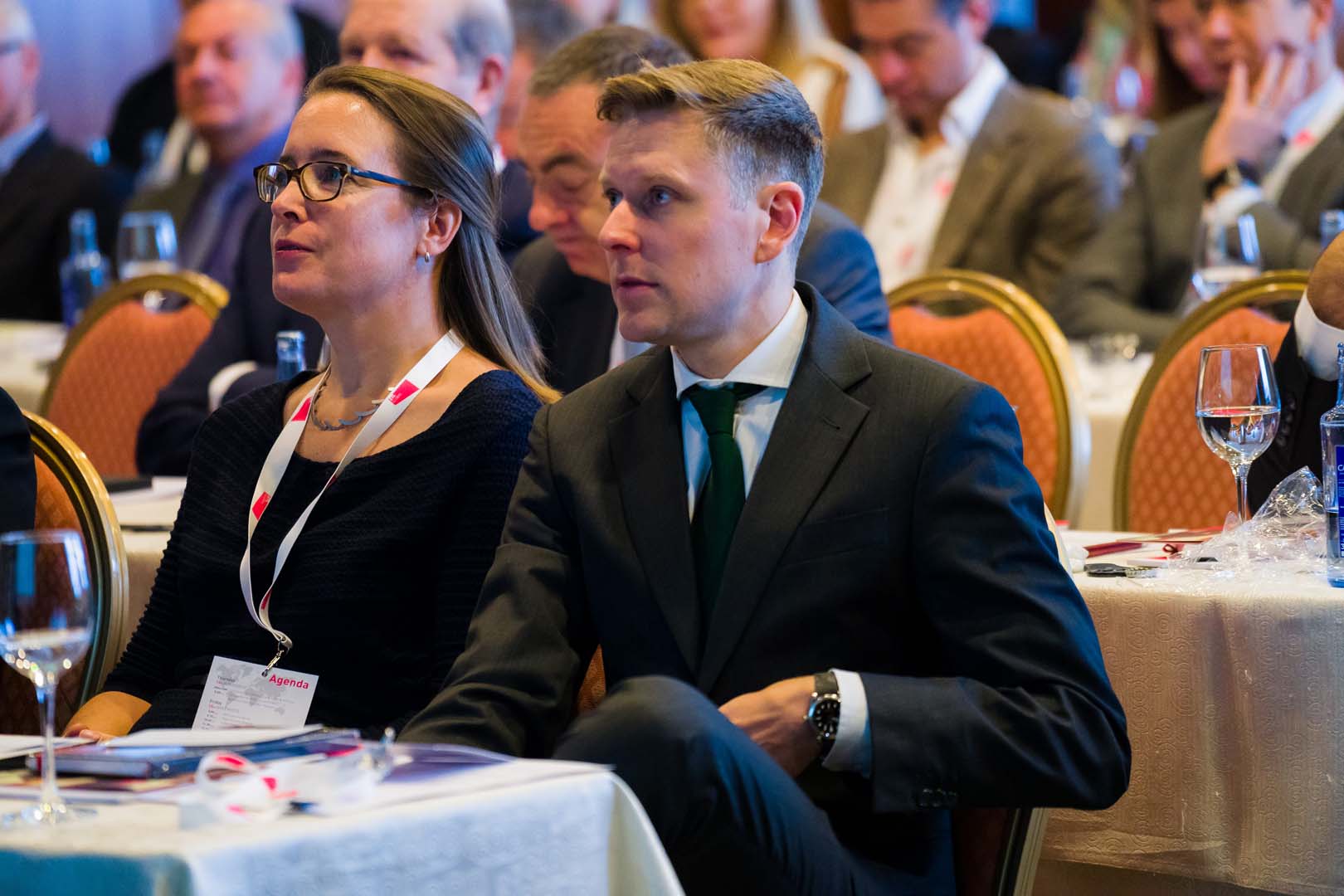
Johannes Struckmeier at the 2019 ETL GLOBAL conference in Mallorca.
While Johannes keeps building the ETL GLOBAL network, his connection to football remains strong. Schalke 04 had been a major part of his life for years, and in 2021, he took on a new challenge when he was elected to the Supervisory Board.
At the time, the club was going through a mayor crisis. “During COVID, the club was in a difficult financial position. Schalke lost about €100 million in one year, and it was clear major changes were needed to survive this situation.”
As a member of the Supervisory Board, Johannes is responsible for strategy oversight and financial governance. “The Supervisory Board is responsible for hiring the management team, approving major financial decisions, and ensuring the club is headed in the right strategic direction.” His role is focused on ensuring that Schalke is financially stable and well-managed for the long term.
Since joining the board, his responsibilities have included working closely with the sporting director on key financial matters related to the squad. In his role, he is involved in discussions about transfer budgets, contract structures, and long-term financial planning for the team. “We discuss which players will be signed or transferred, the budgets for the team, and certain strategic aspects of squad planning.” He helps ensure that the club’s recruitment strategy aligns with its financial reality, so that Schalke remains competitive.
Balancing his work at ETL GLOBAL with his responsibilities at Schalke has been demanding, but for Johannes, it is a way to apply his expertise to an organisation he cares about, helping voluntarily without any compensation to secure the club’s future in a sustainable way.
Advice for Young Professionals
When asked what advice he would give to young professionals, Johannes emphasises curiosity and adaptability.
“My advice is simple—don’t focus too much on titles or long-term career planning. Instead, focus on finding work that challenges you, something you enjoy learning about.”
Rather than mapping out every career move in advance, he believes professionals should focus on their development. “If you’re in a role where you’re still learning and growing, then you’re in the right place.”
